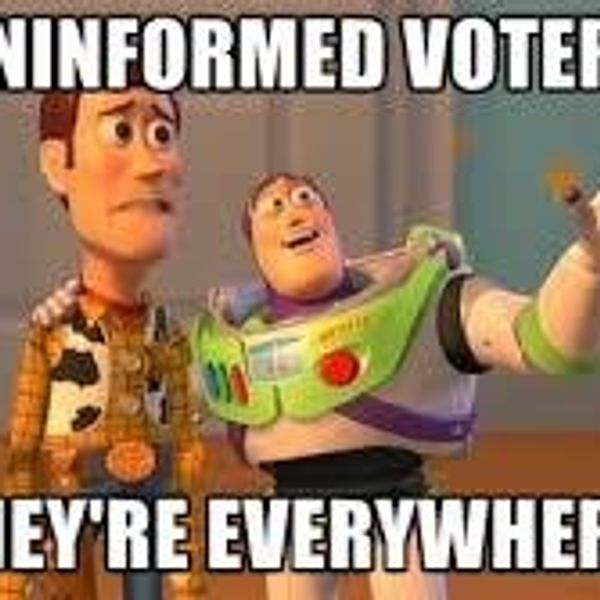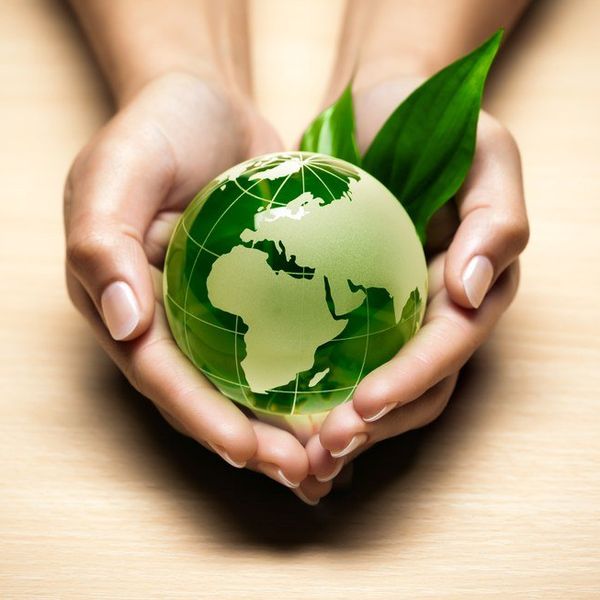While growing up in my home as a child, my parents decided at some point to let me make my own decisions on things like religion and politics. They never imposed their personal beliefs on me, which is to say they never told me directly how to think about things. I believed in God growing up because everyone else did, in fact, it wasn't until I found out you didn't have to believe in God that I actually formed my own opinion about it. This is how most of my own opinions formed, I believed whatever was imprinted on me until learning of other viewpoints, and this is where my parents came in. They would answer most questions I had, and sometimes Mom and Dad would have different opinions as well; they'd answer any question except one, "Who are you voting for?"
This annoyed me at first, I mean why wouldn't they tell me? Were they embarrassed? Did they feel like they were making the wrong decision? I couldn't understand why at first, but I grew to appreciate their approach. It meant they didn't have to tell, I didn't have to say, and by extension, no one had to tell me their political preference. I felt confident saying, "I don't have to tell you," and I respected other people's right to say so aswell.
This idea was reinforced by my high school poli-sci class' teacher, Ms. Armstrong. She wouldn't tell us her personal beliefs, as a teacher should do, especially in a politics class. Class discussions were much more interesting because of this, since there was no way to look to the teacher for the "right" answer, and it was always funny seeing someone's frustration when she would refuse to answer a question. This was great because it took away the idea of what we're supposed to say, and left us with our own thoughts and viewpoints, we were all equal.
I carried the concept with me, and I almost expected other people to feel the same way too. With the coming of the election season, the idea of keeping political preferences discrete is abandoned by almost everyone. It seems this election in particular is especially divisive, maybe more so than previous cycles. My generation finally gets to vote, and we've got candidates that a majority of our age group finds unlikeable. Because the candidates appear so far apart from each other, the desire to be dismissive of alternate viewpoints is almost palpable. People are so eager to be on the "winning team" they post things like, "If you're voting Trump, please unfriend me," as if the very idea of someone disagreeing with them is an attack.
I'm refusing to answer the question, "Who are you voting for?" I still hold onto the belief that no one has the right to know my, or anyone else's voting preference. It's to easy for me to say, "Hillary" or, "Trump" or, "Jill" or, "Johnson" or, "Vermin Supreme," and it's too easy for someone to judge me on my response. If you know me, you already know who I'm voting for and what I believe in, and if you don't, it's none of your business. I won't take part in the spectacle because I believe people are more complex than the color they wear or the banner they wave. I believe our differences make us stronger, and to deny someone's right to individuality is to deny your own existence as a sovereign human being. So don't ask me who I'm voting for, ask me who I am.





















